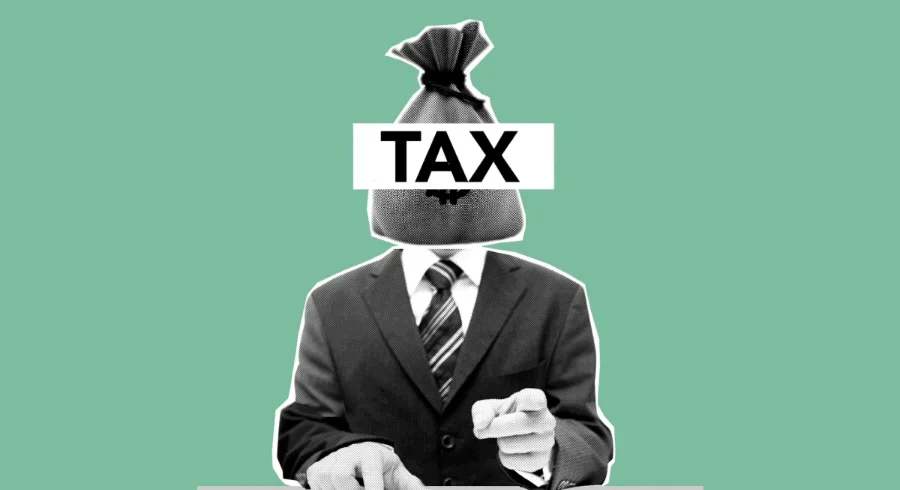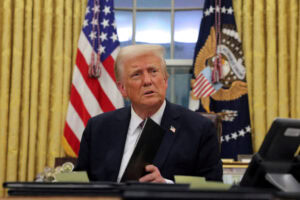Islamabad, 3 june 2025: Tax to Spur Investment this is the growing sentiment among Pakistan’s formal business sector as mounting criticism surrounds the continuation of the Super Tax.
Initially introduced as a temporary fiscal measure, the tax has now evolved into a long-term challenge, weighing heavily on industries central to national employment, exports, and foreign direct investment.
First imposed to shore up government revenue, the Super Tax has since expanded in scope and duration. Once a short-term remedy, it is now perceived as a structural drag on economic revival.
Over 15 industries from textiles to fertilizers are now subject to this additional levy, leading stakeholders to question its economic justification.
READ MORE: PTA Mobile Tax Check: Verify Your Phone’s Tax Status
Tax to Spur Investment is not just a slogan but a strategic imperative. In the textile industry, a pillar of both employment and exports, effective tax rates on profits have soared above 43%, with cumulative taxation sometimes exceeding 57%.
The All-Pakistan Textile Mills Association (APTMA) has voiced strong opposition, citing that such levies weaken value addition and curb export competitiveness.
The cement sector tells a similar story. Data from August 2024 showed dispatches plummeting by over 25%, partly due to the Super Tax and a doubling of Federal Excise Duty.
Fertilizer producers crucial for food security have also raised red flags, warning of higher production costs and price hikes of up to Rs470 per bag, a move that directly impacts the agricultural economy.
Other sectors such as oil, gas, steel, and chemicals report a steady erosion of profitability. Between 2023 and 2024, net margins in oil and gas declined from 8.7% to 8.2%, steel fell sharply from 9% to 3.3%, and chemical firms slipped from 11.5% to 10.4%.
These industries, traditionally seen as resilient, are now under financial strain, threatening Pakistan’s overall economic trajectory.
The business community argues that such fiscal policies deter capital inflows and undermine investor confidence. Tax to Spur Investment only holds when the tax system rewards compliance and promotes certainty.
READ MORE: Govt Proposes Luxury Tax on Most Cars, Prices Set to Rise
Calls for a structured rollback of the Super Tax are intensifying. Proposals include a 50% reduction in 2024, with complete elimination by 2025 to restore competitiveness.
Abdul Aleem, CEO of the OICCI, emphasized that predictable tax policies would reassure investors and encourage reinvestment. High corporate taxes not only shrink post-tax profits but also dissuade long-term commitments to the country.
If Pakistan aims to build a sustainable, inclusive economy, rethinking punitive taxation is vital. A phased withdrawal of the Super Tax could be the catalyst needed to attract investment, stimulate growth, and formalize the economy fulfilling the promise of a tax system truly designed to spur investment.









